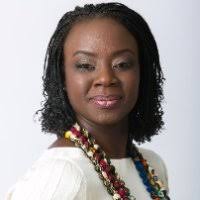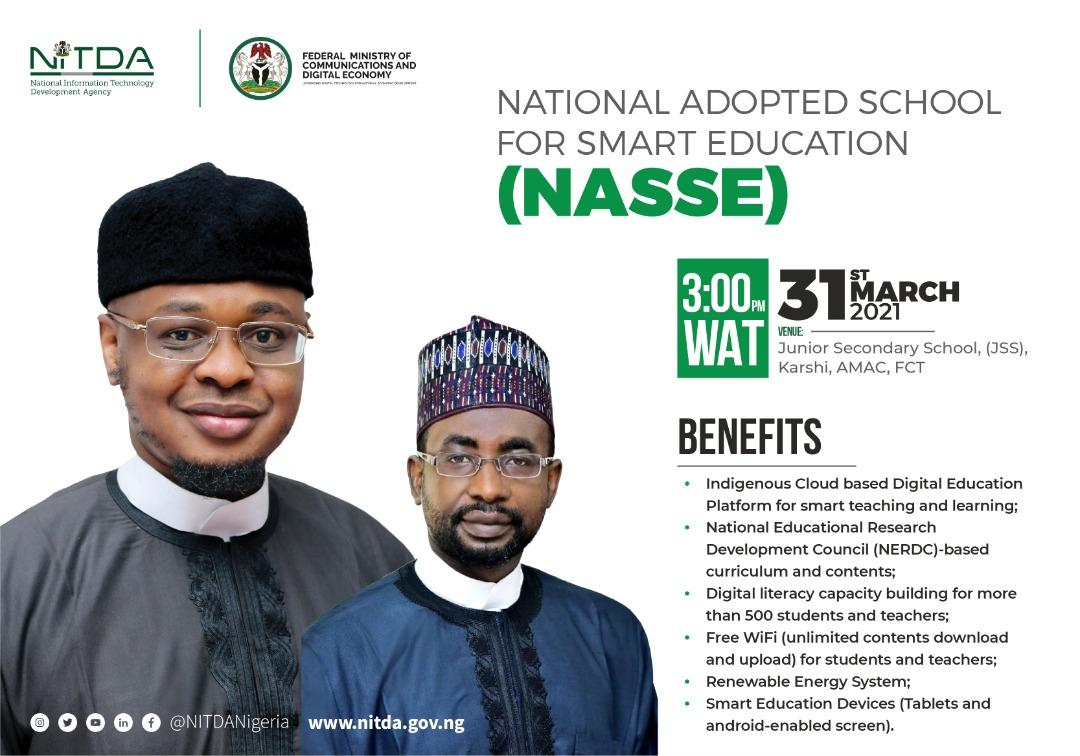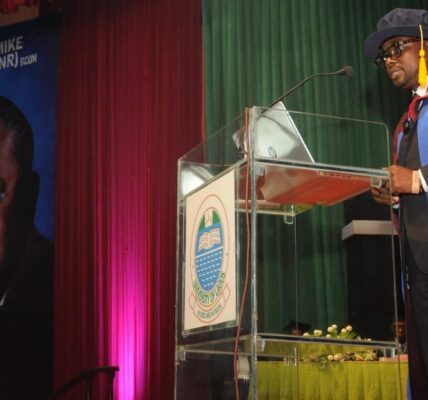Mrs. Fatumata Soukouna Coker is founder and Chair at the Centre for Women & Children Empowerment, Inc., and also Founder and CEO of Ygroup Holdings (YGH) Inc., a technology and business integration Company headquartered in Monrovia, Liberia. She has been an independent consultant at multiple privately held companies focus on payment systems for the West African consumers and distribution channel management strategy for expansion throughout Africa.
She has over 15 years of experience working with Fortune 100 companies in the high-tech industry. She has held management responsibilities with corporates such as IBM and Microsoft, and CEO at Soft Solutions Limited, building a leading West African technology company. Her experience spans the US, Africa, and the Middle East. She holds a BBA in Marketing and Management from Emory University, Georgia, and an MBA in Global Marketing and Information Management from American Intercontinental University.
In this monitored media chat in Lagos, she raises issues on what Africa should look out for in building a sustainable protection against cyber attacks.
Excerpts:
Do you think that Nigeria and any other African nation are prepared for any major cyber attack?
I suppose yes; however, it depends on a lot of issues because you have to understand that the cyber attacks that we have nowadays are very agile and smart. The more we integrate, the more we have systems hack into systems, and you will always be vulnerable.
So, to be hundred percent secure, it is a myth, it is not reality, because everyday your vulnerability is changing, it might not increase, but it changes so you might have a vulnerable spot on the back end one day and so you are constantly having to make sure you are monitored that you have things like ransomware that someone came up with. And back in the days we used to worry about configuring; now we got ransomware when someone decides to take over the entire data of your organization that you have to pay them to get the data.
We see almost 25 or 26% happening in healthcare, when they take your data and ask for almost 10,000 dollars for me to release your data for you to function. So, you have something we call fishing.

Phishing is where someone stays and waits for any loop holes to come through and there in, they can do it in the financial sector. They can do it in the healthcare; it could be on the oil and gas and so on.
So when they get in, you don’t know what they can do, it could be malicious or it could be that they want to steal something and just leave. So, we shouldn’t be able to say that we are fully locked down tight; it is not going to happen, what we need to do is to constantly be on the watch.
How do we protect African users from internet access issues?
It should have integrity, and it also should be confidential so we have to talk about the ICA which is (Integrity Confidentiality and Availability) and with that protocols that has come across in many ways whether it is the EU1 or the PCIDSS it puts some protocols in place that enable some security for us interacting in the internet.
We do have a situation when we interact with the internet for example we are giving information or we are getting information and we are also accepting information as an African user, we need to educate our users so that they can understand because for us in technology, we understand that the weakest link is always the users.
If we can educate our users in Africa on what it means to be on the internet, when you share something, what does that mean? How do you recall it, how do you recall or delete it. And also put measures in places like the EU is doing to help protect our own users on the continent because Arteta has its own context on how we use technology today.
We know that smart phones are the way that we access the internet, the rest of the world use computers, tablets and so on. So we need to make sure that our protection of our users on the continent is specific to our context and we are not eliminating or getting rid of the ability for people to innovate.
For the creativity to continue to happen with all the rules and regulation and policies that might be coming into play just to protect privacy we might lose some of those things that will be innovative for the future of our technology in Africa.









